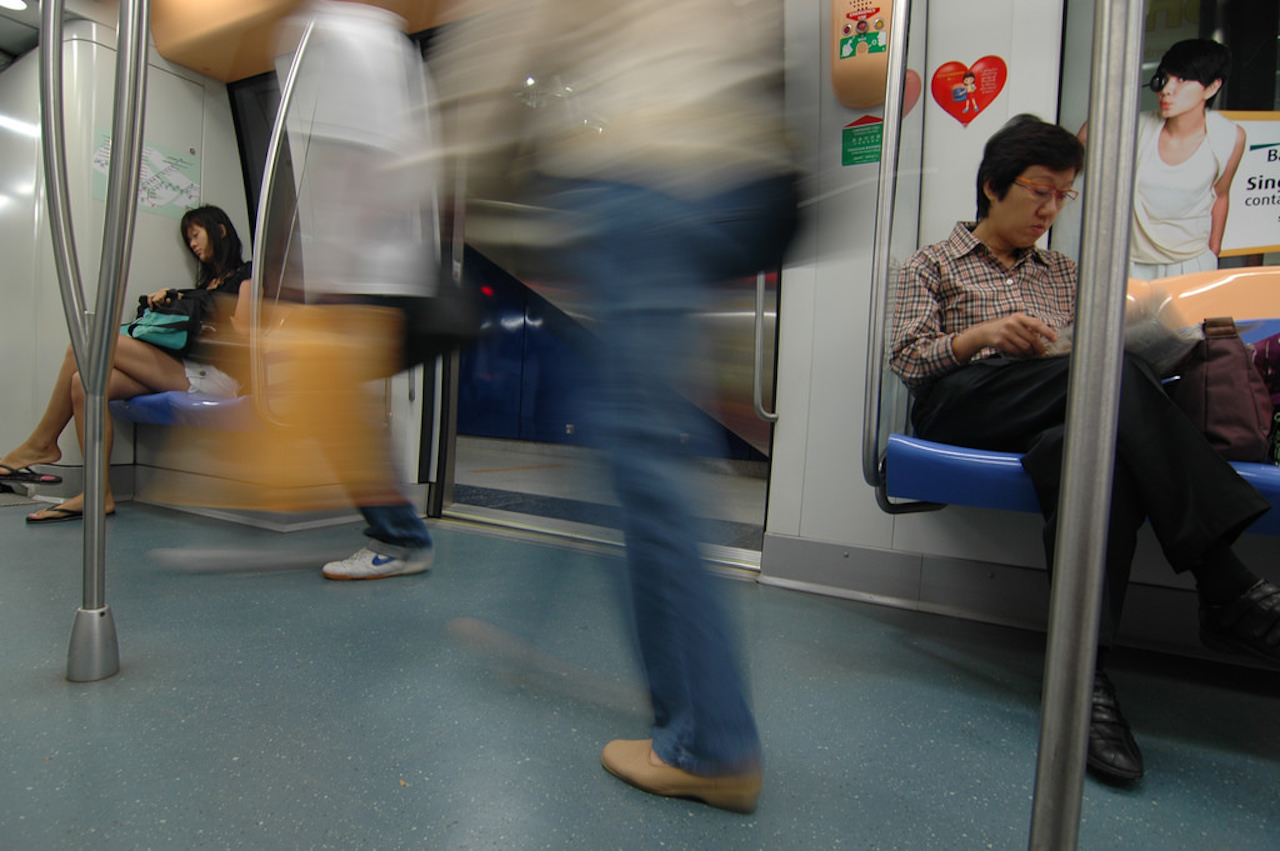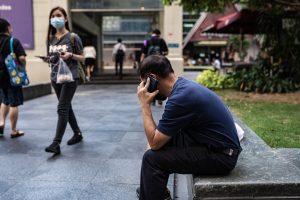Common to every public bus or train in Singapore is the concept of priority seating: certain seats, typically those situated closest to exits, are labelled as “reserved”, and passengers are encouraged to give up these seats to those in greater need than themselves. According to the relevant authorities, there are two main reasons for having priority seating.
Firstly, per the SMRT website, it is “for the convenience of pregnant, elderly or young passengers”. Secondly and perhaps more importantly, as Minister for Transport Khaw Boon Wan stated in Parliament, the practice is meant to “promote gracious behaviour”.
It all sounds so simple and elegant. Once certain spots have been identified and given “priority” designation, people will not only cede these spots to needier commuters, but will also come, over time, to appreciate the general idea that they should always look out for those in difficulty. In turn, this will bring about a more gracious and giving commuter culture, where passengers selflessly and automatically offer seats – priority or otherwise – to the wearier and less physically able among them …
… or will it? Thus far, there has been very little to suggest that the priority seating system has succeeded at fulfilling its objectives. Indeed, I would even go as far as to say that it has been counter-productive.
For one, there is no evidence that the average commuter is more gracious today as compared to before the institution of priority seating.
Indeed, the reverse may well be true. Many passengers perceive the need for gracious behaviour as applying exclusively rather than especially to occupants of priority seats – it is almost as if they feel that if they take up non-priority seats, they are immune from having to give them up to needier commuters. This could be due to the ineffectiveness of the messaging from the relevant authorities or, more likely, to Singaporeans’ general distaste for proactivity and for going above and beyond the bare minimum where social conduct is concerned.
Whatever the case, this line-drawing would be much less of an issue were it not for the accompanying blaming, naming and shaming. Several instances of people publicly slamming their fellow passengers for failing to vacate priority seats have been documented, which is all the more problematic when accounting for how some of these criticisms might well be misplaced or mistaken.
This culture of snap judgment has led to a state of affairs whereby people, for fear of being humiliated or otherwise, would rather stand on buses or trains even if there are empty priority seats in plain view. Even putting aside the idea that one who gives up his or her seat to avert the threat of public scrutiny is more self-seeking than gracious, this is patently absurd – after all, seats are for sitting in! One wonders how many images of national servicemen standing sadly in near-empty trains, field packs in tow, need to be circulated for people to appreciate the insanity of it all.
Finally, no account of the drawbacks of priority seating would be complete without a mention of the sense of entitlement displayed by certain commuters who feel as though it is their right to be given priority seats. The express demarcation of seats as being reserved for certain target groups has caused some members of these target groups to view the act of giving such seats up as an obligation – something to be expected – rather than as a courtesy. Not only does this add to the social pressure on commuters occupying priority seats, it also fosters rude and self-centred behaviour on the part of these people who, as passengers themselves, are supposed to be no less subject to the need to be gracious than the people around them.
Ultimately, while the intentions behind instituting priority seating are good and noble, the results have not been pretty. As mentioned previously, at play are wider social issues – such as the general passivity and apathy of Singaporeans – which will need more than just situation-specific measures like priority seating to correct.






